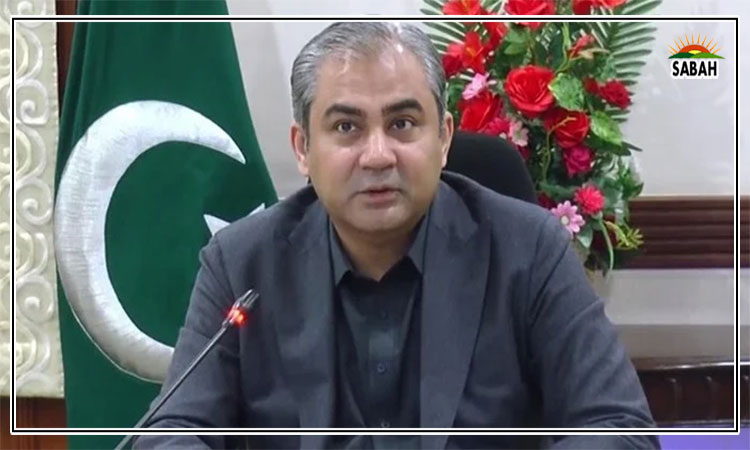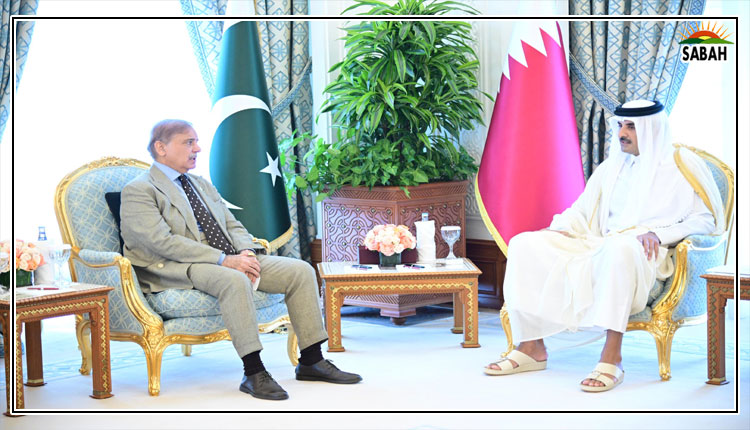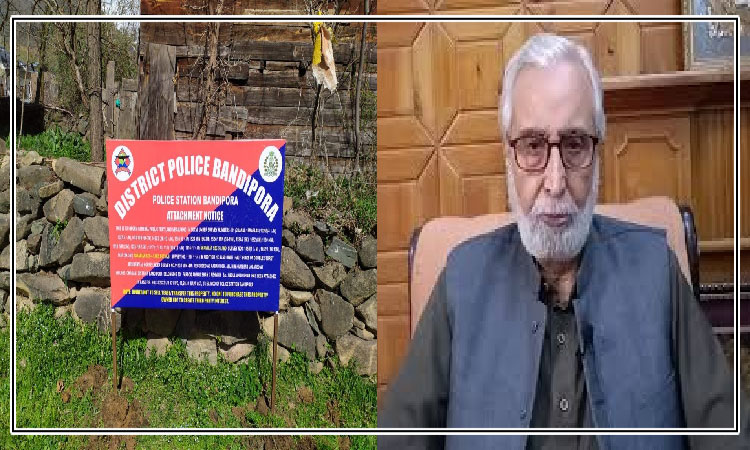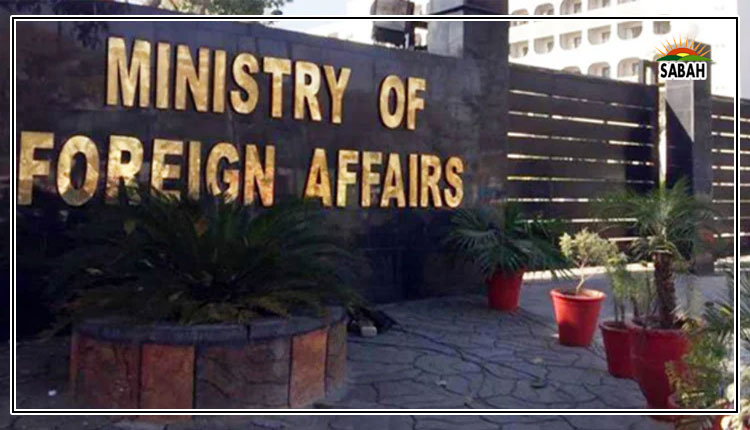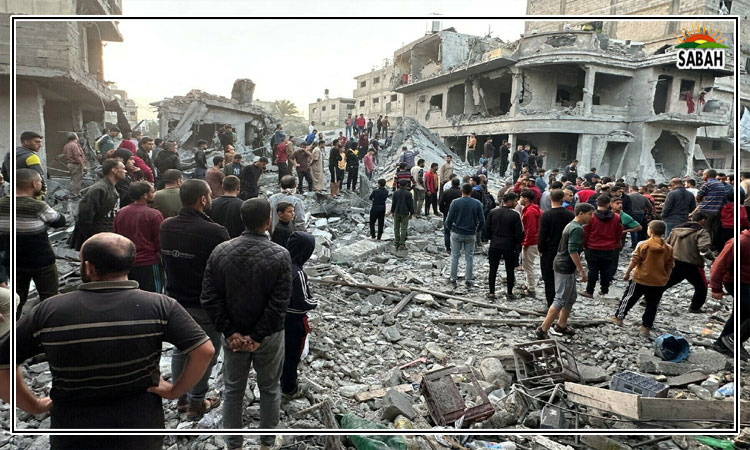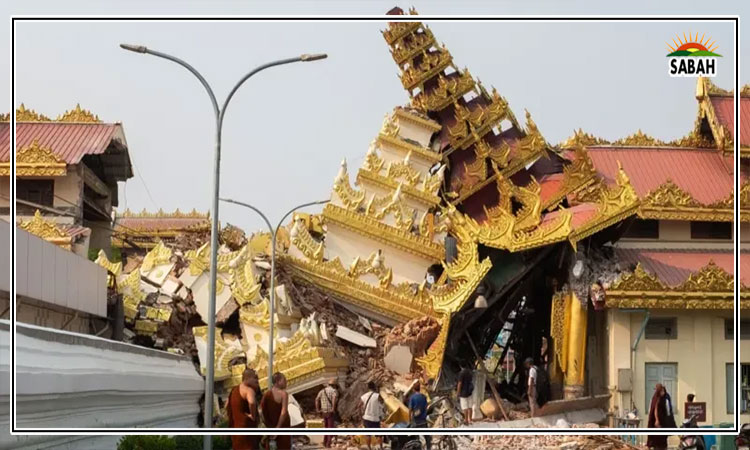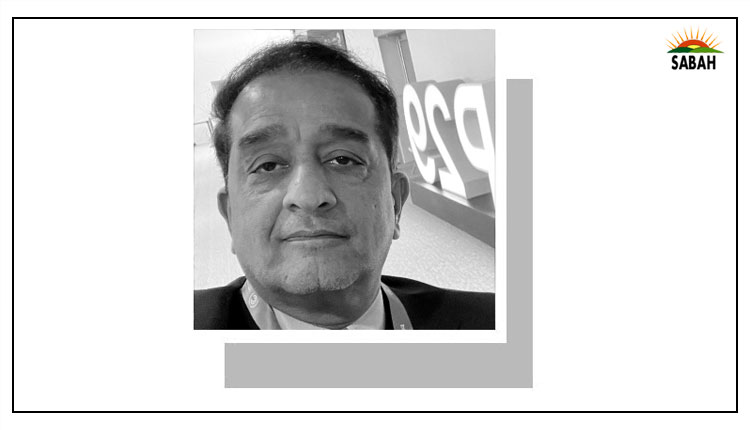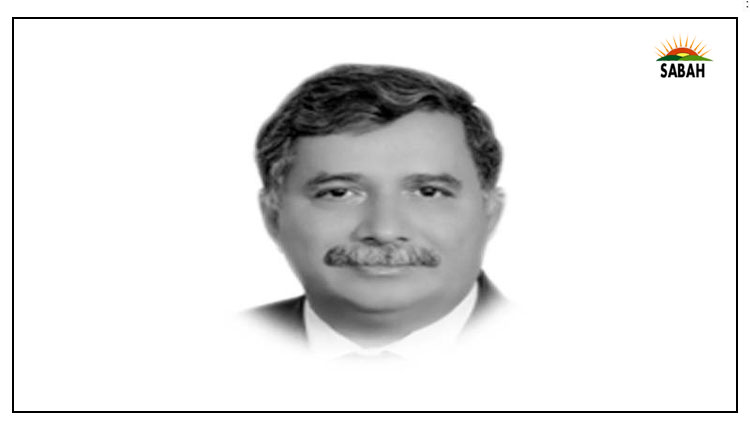Securitisation of Afghan refugees…. Dr Syed Akhtar Ali Shah
Last week, a seminar on Fostering Empowerment Through Psychological Care, Safety and Protection Among Displaced Afghans was organised by the International Organization for Migration and National Institute of Psychology, Quaid-e-Azam University, Islamabad. As a keynote speaker at the seminar, I shared my views on Afghan Refugees Issue of Securitization, as follows:
Pakistan which hosts more than 1.4 million registered Afghans considers the refugees as an issue of security, alongside accepting it as a humanitarian issue. Its because the Afghan conflict has brought nothing but Death, Destruction and Displacement (3Ds).
Theorists of securitisation consider the problems of security above politics. They also call immigration a threat to national security. Therefore, balancing security and human rights is pretty difficult. And state actions lead to confinements, restrictions, deportations, racial profiling, etc. Refugees are haunted, taunted and life becomes a nightmare for them, as they are perceived to be responsible for terrorism and crime. All refugees are tarred with the same brush, so much so that even minors are not spared.
Pakistan has for years taken pride for hosting the worlds largest refugee population, but now the issue seems to have been hijacked by security narrative. In political discourse, the Afghan refugee population has been criminalised and made to bear disproportionate blame for domestic militancy.
And as if that was not enough, Defence Minister Khawaja Asif has, at a recent event, stated that allowing Afghan refugees to settle in Pakistan was a grave mistake. He also said the presence of safe havens for terrorists in Afghanistan had been well known to them. He also accused the PTI government of committing crimes against the state, saying, Over 300,000 people were brought here [from Afghanistan] while 500,000 Afghan migrants were already present Now we must find a solution to the Afghan refugee issue [as] they have also become involved in such incidents that are unacceptable.
An effort has been made to do a reality check by analysing the crimes statistics of 2018 obtained from the Central Police Office.
The incidents of crime against person committed during the year total 12,359. They include murder, attempted murder, criminal intimidation, rape, sodomy, kidnapping, child abduction and assault on police and other government servants, etc. And crimes against property during the same year total 3,257, and include dacoity, robbery, theft, car and motorcycle theft and snatching, extortion, etc.
As against this offences registered against Afghans related to person and property total 2,411.
A comparative study of the aforementioned figures establishes that Afghan refugees, as a whole, are not involved in the crime. In fact, a few individuals out of a total population of 14 million spread all over Pakistan are behind these crimes.
As a result of this negative perception, a sense of alienation and deprivation prevails, triggering hatred. The Pashtu term Mahajir Dey is agonising and hurting. The Afghan youth born, bred and raised in Pakistan face identity crisis. For them Pakistan symbolises the country of their origin in which they have spent the most important moments of their lives (childhood, marriage, setting up businesses, raising their children) but are still not accepted.
Their pains and psyche, conditioned due to war and migration, can easily be discerned from their poetry, novels, short stories and songs such as Dont be cruel to me, O beloved, I know only you in this alien land and Migration is full of trials, I beg you not to leave your home land.
There is thus the need to objectively assess the situation and take steps in the light of human rights with an objective to integrate the Afghan youth into the Pakistani society in a meaningful way and dispel the wrong impression that all Afghan refugees are a cause of problem. They are in fact the victims of the war.
Courtesy The Express Tribune, July 26th, 2023.


